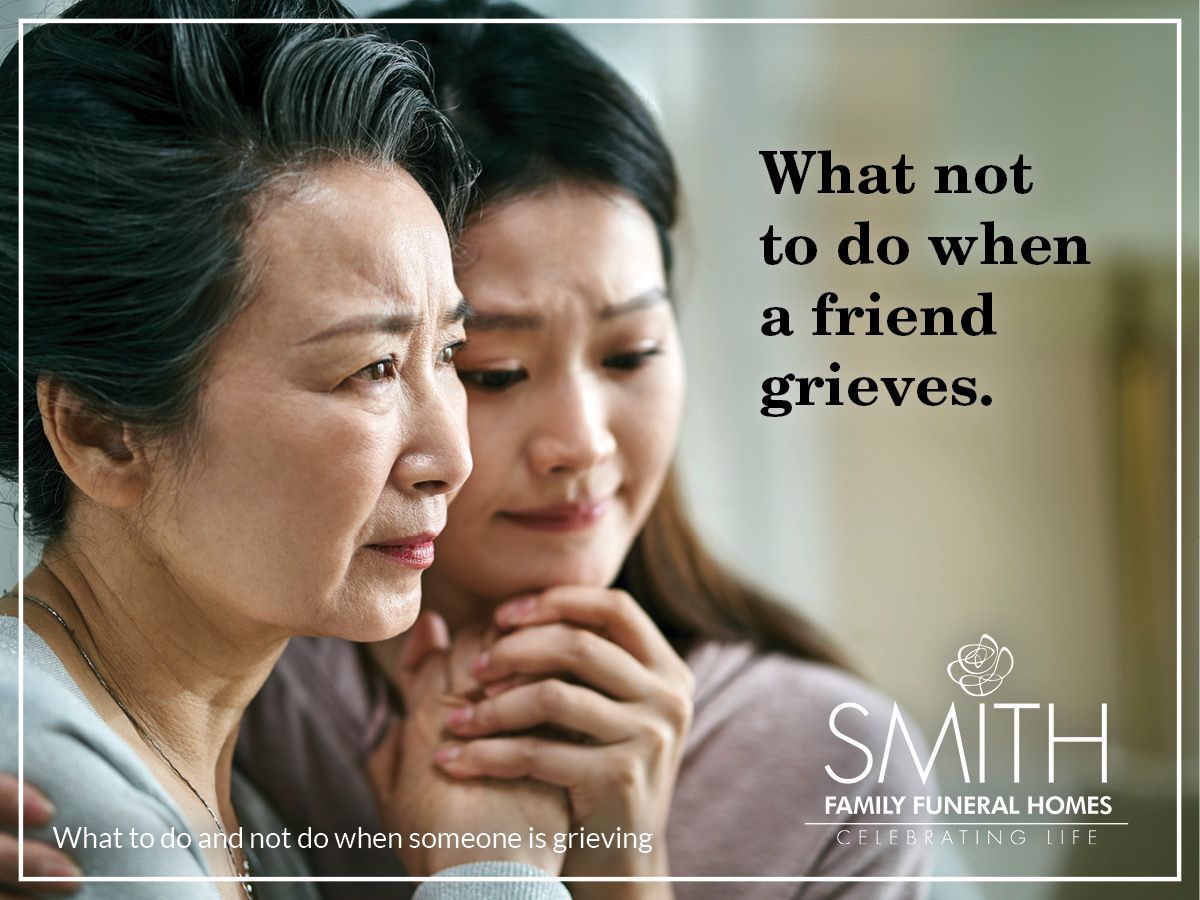
3 Things You Need to Know About Veterans Cemeteries
There’s lot of information out there about veterans cemeteries: what they’re for, who is allowed to be buried in them, what is allowed to take place in them, etc. Often, this information conflicts or is purely anecdotal, so how can you know what’s true? Much of it depends on the circumstances, but we’ll share a few things you can know for sure. Our three tips don’t encompass every question you may have about veterans burial benefits, but they do provide the solid facts around state and national veterans cemeteries.
1. State vs. National Veterans Cemeteries
National cemeteries are operated by the U.S. Department of Veterans Affairs, while state cemeteries, though sometimes established or improved through national government funds, are operated by the local state government. There are 155 national cemeteries in 42 states, so your state may not have a dedicated national cemetery. Some national cemeteries are limited to cremation only. Most states do have a state veterans cemetery, though they may not always be open.
Another primary difference between the two types of veterans cemeteries are the requirements for eligibility. All national veterans cemeteries have the same criteria, while state cemeteries may each have their own unique requirements. At least one of the following requirements must be true for a veteran to be buried in a VA national cemetery:
• Service member must not have received a dishonorable discharge
• Service member died while on active duty, active duty for training, or inactive duty for training
• Individual is a spouse or minor child of a service member
• Individual is an unmarried adult dependent child of a service member (in some cases)
Any individuals who fall outside of these requirements may not be eligible but can still apply for their case to be reviewed.
2. You Can Plan in Advance to be Buried in a Veterans Cemetery
If you are a veteran and you know you would like to be buried in a veterans cemetery, you can make arrangements for this in advance. Most funeral homes allow you to plan the details of your funeral and even pay for it in advance, keeping the details of your wishes on file so that you can rest assured your family won’t need to make those difficult choices for you when the time comes. Many of the funeral homes who offer this service will also be willing to contact the state or national cemetery you wish to be buried in on your behalf to reserve a spot for you.
3. Headstones are Provided in State and National Cemeteries
If you or a loved one are approved to be buried in a national or state cemetery, a free headstone or marker can be ordered in a number of styles, though the chosen style must be permitted by the officials in charge of the cemetery. Spouses and dependent children may also receive government-furnished markers and headstones at no cost to the family.
In a national cemetery, the setting of a marker or headstone by cemetery staff will also be provided free of charge. Some state cemeteries may charge a small fee for the headstone or marker to be set. All headstones and markers are inscribed with “IN MEMORY OF” as their first line, and the family may provide the details of the rest of the inscription.
Smith Family Funeral Homes provides quality funeral, memorial and cremation services to the families of Central Arkansas. Their six locations can be found in Little Rock, North Little Rock, Westbrook, Sherwood, Benton and Arkadelphia. With a privately-owned crematory operated by licensed professionals, Smith Family Funeral Homes can guarantee their high standard of care throughout the cremation process. To learn more, visit smithfamilycares.com.












